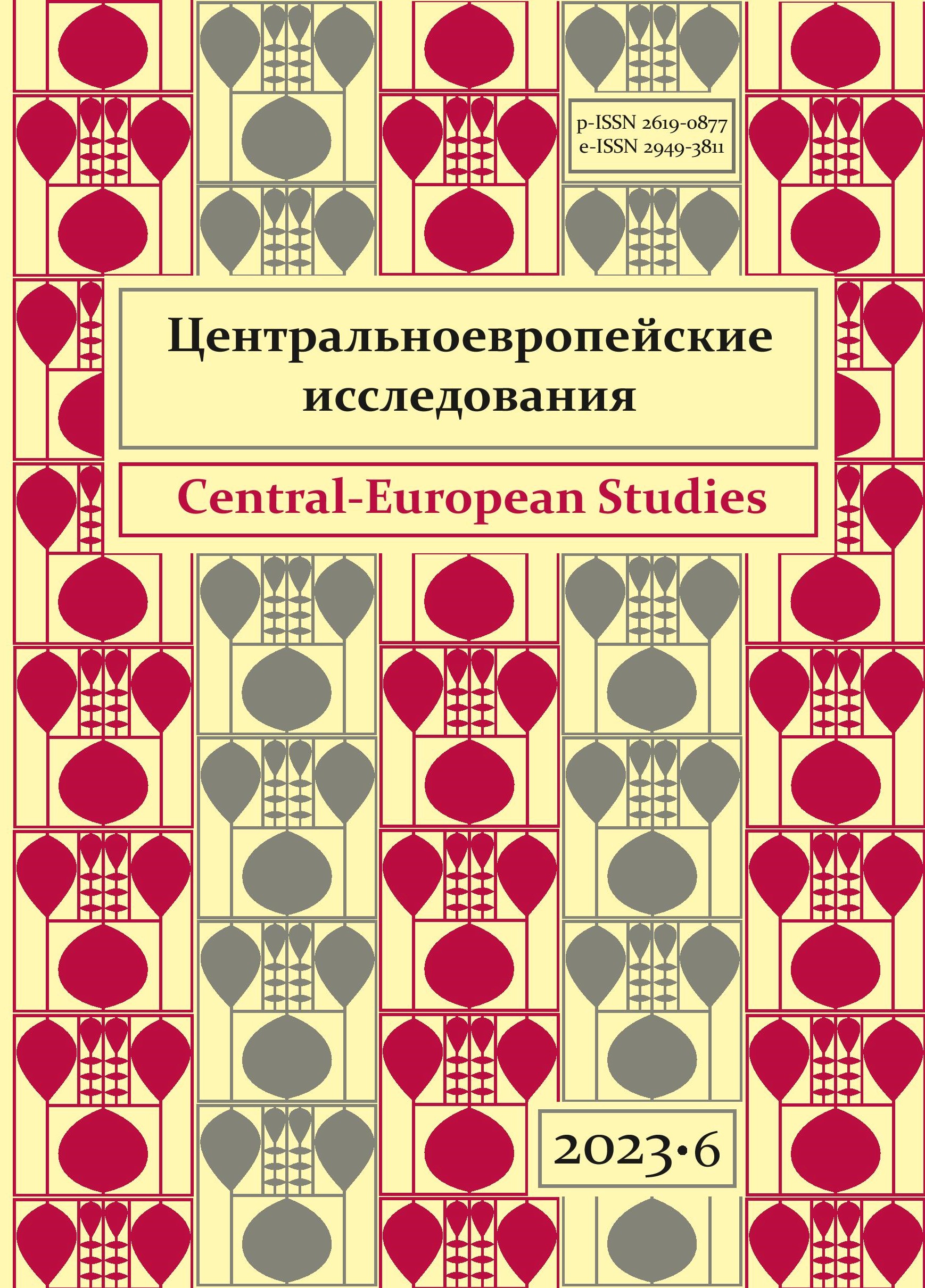Sándor Petőfi: the Story of a Literary Career in Nineteenth-Century Hungary
DOI:
https://doi.org/10.31168/2619-0877.2023.6.3Keywords:
career of a poet, bourgeois society, social mobility, Romanticism, age of reforms, revolution of 1848Abstract
Sándor Petőfi (1823–1849) is the best-known Hungarian poet. It was not only the innovative poetic tools of his poetry that caused a stir among his contemporaries, but also his radical political thinking. In recent decades, three trends have dominated literary research: close readings of the poems by Petőfi have shown what radical poetic tools he used to create the language of modern Hungarian poetry. The second direction deals with the influence of Petőfi and reveals how the Hungarian national memory policy conjured him up as a historical figure. The third direction explores the poet's biography in various socio-historical contexts. Through the analysis of Petőfi's career, it is also possible to examine what opportunities nineteenth-century Hungarian intellectuals had to advance their careers. This essay presents Petőfi’s career from a socio-historical perspective, while also touching on issues of cult history and literary history poetry.



